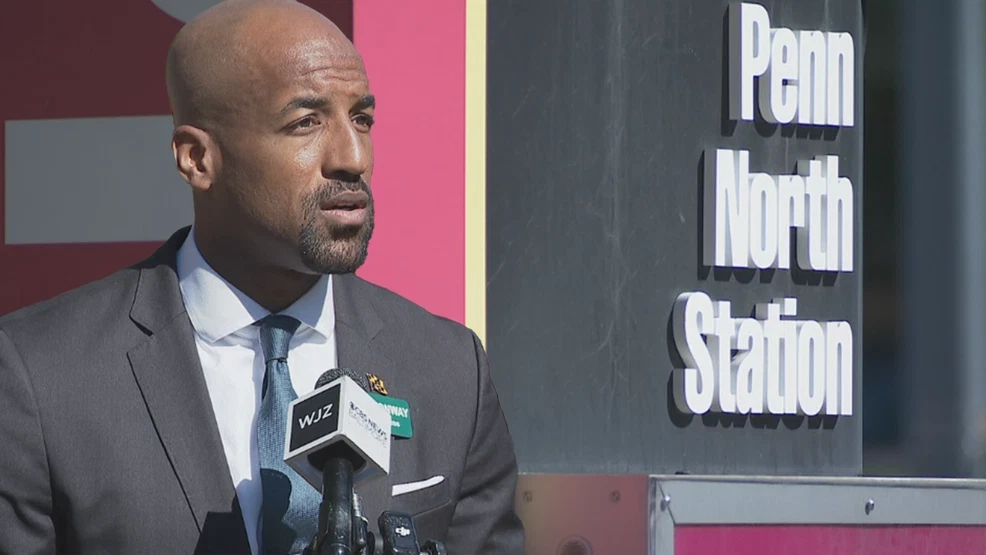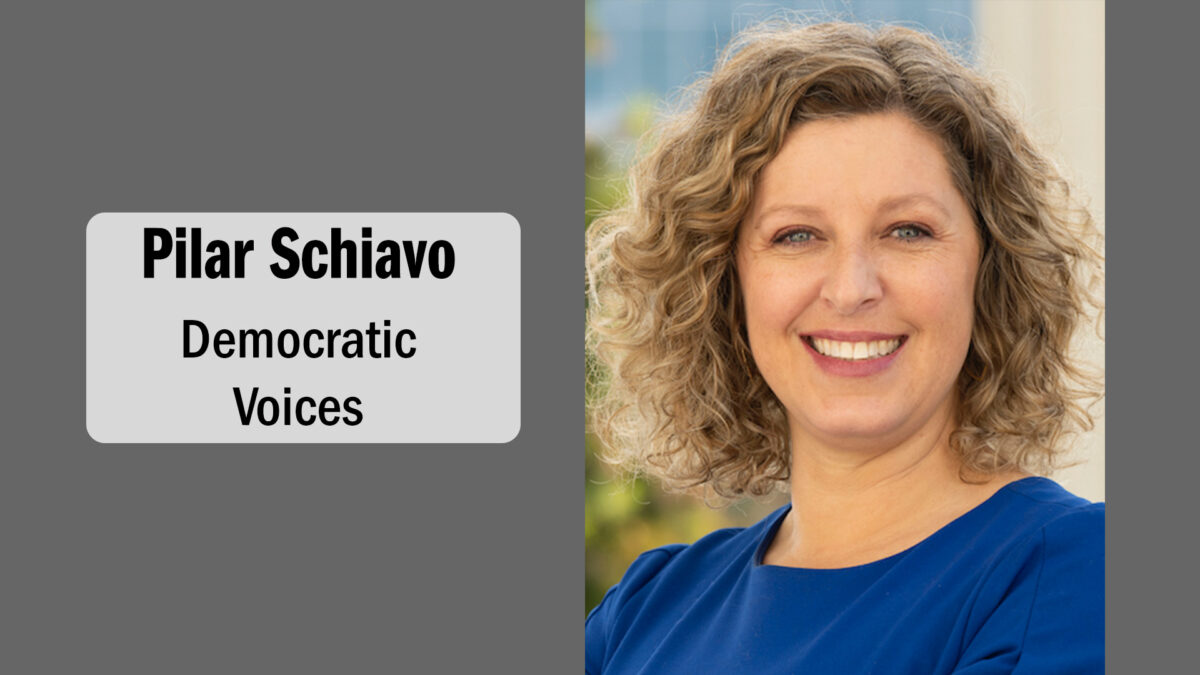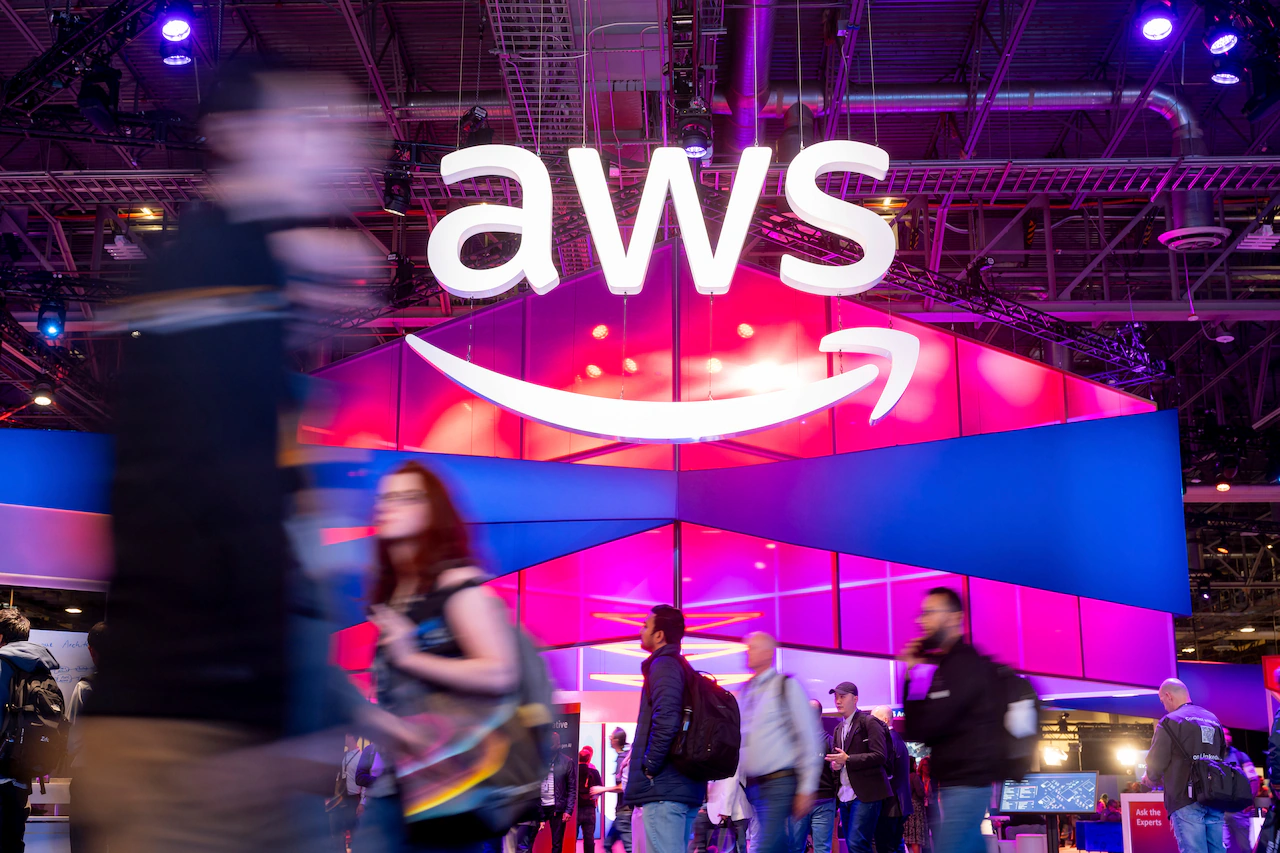Copyright Baltimore News

Questions about Safe Streets are expected to be brought up during the next public safety committee in November. Councilman Mark Conway, chair of the Baltimore City Council Public Safety Committee, said it’s important for leaders from the Mayor’s Office of Neighborhood Safety and Engagement, MONSE, to answer questions during various hearings. “We have MONSE come in a couple times a year so that’s something that we will circle back on, both on Safe Streets and the GVRS model,” Conway said when asked by FOX45 News Tuesday. Renewed questions about Safe Streets were sparked by Baltimore City State’s Attorney Ivan Bates who raised concerns about the possibility of people tying themselves for personal gain while in court. Audio obtained by FOX45 News shows a few defense attorneys mention their clients are tied to the gun violence reduction strategy in some capacity. However, according to MONSE, the people in question are not Safe Streets employees. “They may have been identified by Safe Streets as being high risk individuals (and thus in the program's target population for engagement) or attended Safe Streets events, but we have no documentation that indicates these individuals had direct involvement with the Safe Streets program,” the MONSE spokesperson said via email. “It's almost as if people are in the criminal justice system are using Safe Streets to get out of jail free card,” Bates previously told FOX45 News. “There would be no criticism if there was transparency and we knew it was happening.” It doesn’t appear like Conway will call a specific hearing about the latest Safe Streets questions, but the next hearing on public safety is scheduled for Nov. 4. “We need to have that constant back and forth to understand what’s working and what’s not,” Conway said. “But absolutely, yes.” When asked about the issue, City Council President Zeke Cohen first noted the city’s progress when it comes to homicides and non-fatal shootings. The improvements are a result of a combination of efforts from the Bates as well as programs from City Hall, Cohen said. “When it comes to the violent crime fight, Baltimore is winning,” Cohen said. The council’s role in oversight is important for Cohen, who has made it a point of his administration to ensure councilmembers are digging into the issues. Cohen has also raised some concerns about how often the city contracts with non-profits for city work. When it comes to oversight, whether it’s the police department, whether it’s the Mayor’s Office of Neighborhood Safety and Engagement, or whether it’s Safe Streets: expect to hear the tough questions asked in this chamber, Cohen said. Safe Streets is run through MONSE and is one of the city’s flagship gun violence prevention programs. With 10 locations around the city, LifeBridge Health and Catholic Charities run the day-to-day operations of the locations and employee the violence interrupters. Despite being funded through tax dollars, the city shields information about who the violence interrupters are, including their names. Mayor Brandon Scott and other city leaders have argued the names of the Safe Streets workers aren’t the city’s to release since the workers aren’t technically city employees. The safety of the violence interrupters is another reason why Mayor Scott has said information about the employees won’t be released.



